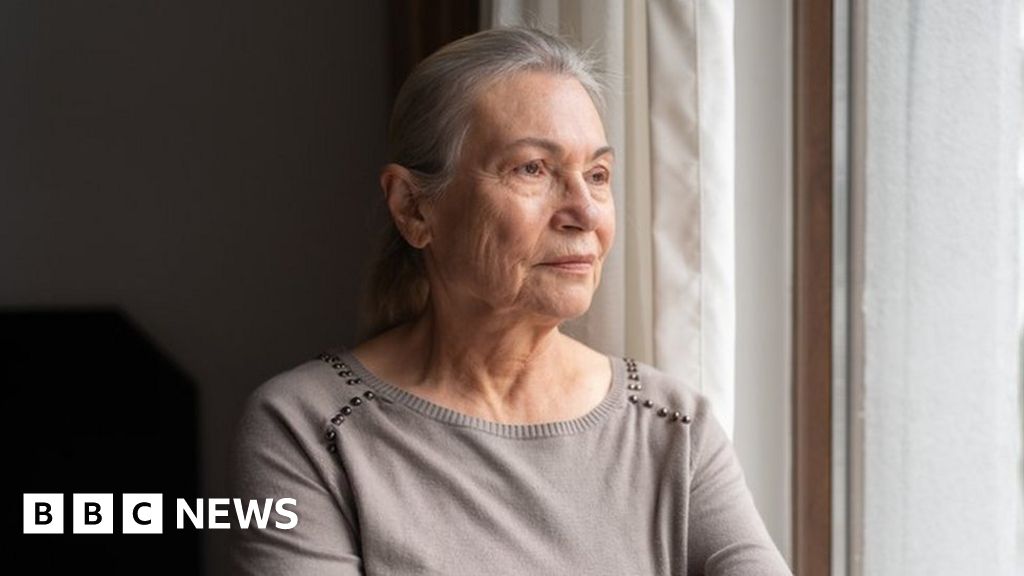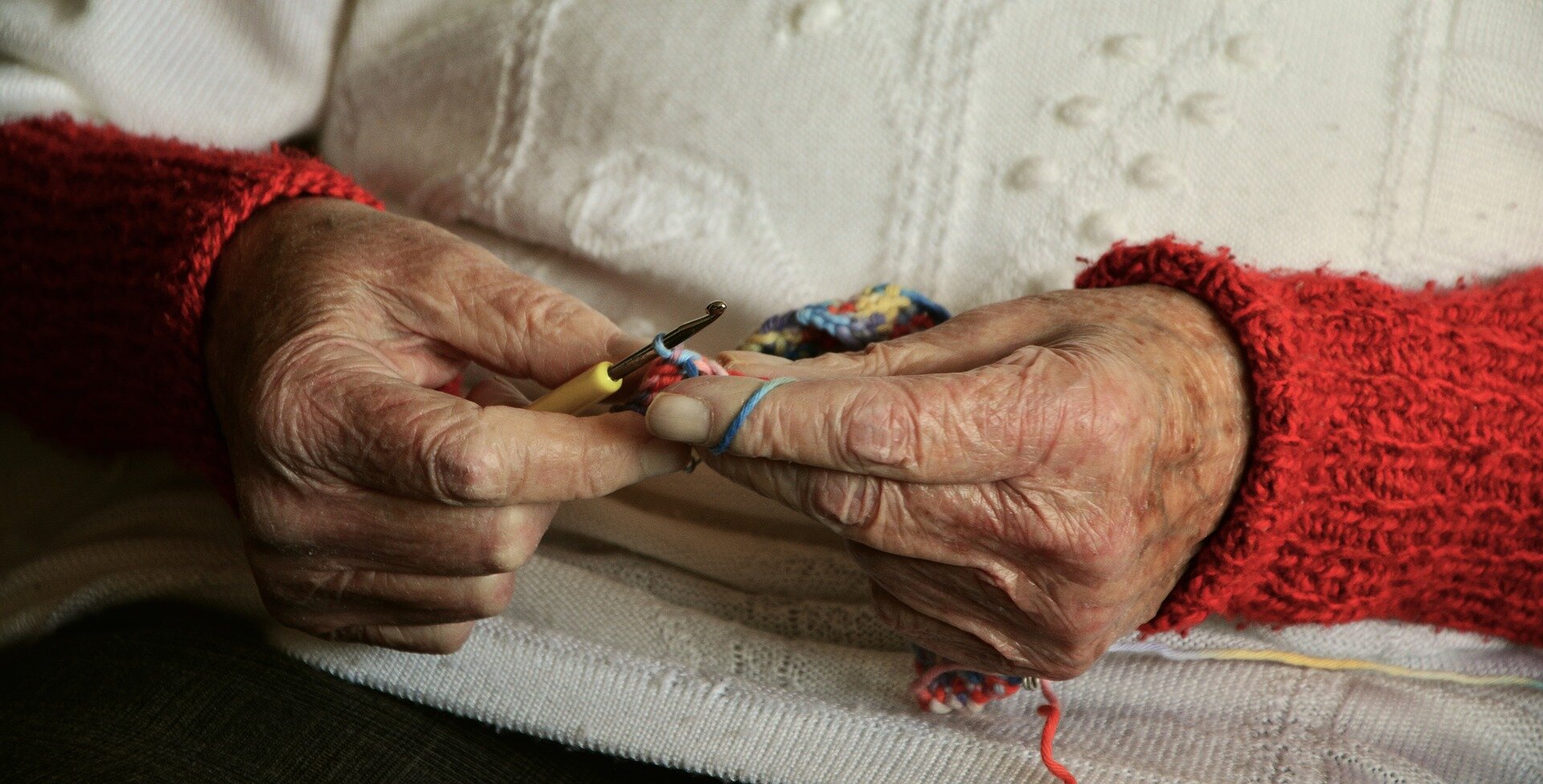Researchers at Yale School of Medicine, found a higher concentration of a specific kind of DNA — extrachromosomal or ecDNA — in more aggressive and advanced cancers that could mark them as targets for future therapies.
Using data available from The Cancer Genome Atlas, the International Cancer Genomics Consortium, the Hartwig Medical Foundation, and the Glioma Longitudinal Analysis Consortium, the researchers considered more than 8,000 tumor samples, divided between newly diagnosed untreated tumors and those that had been through previous treatments such as chemotherapy, radiation, and others. They found significantly higher amounts of ecDNA in tumors from previously treated patients, leading to the theory that ecDNA might give a survival advantage to those tumors.
“Our research suggests that ecDNA helps tumors become more aggressive,” said senior author of the paper, Roel Verhaak, the Harvey and Kate Cushing Professor of Neurosurgery at Yale School of Medicine and member of Yale Cancer Center. “EcDNA has a distinct mechanism and plays an important role, not just for breast or lung cancer, but across many cancer types.”
The study found that ecDNA is detected more often after taxol-based therapies such as docetaxel and paclitaxel, which is used for treatment of many cancer types. The researchers also noticed that when they looked at the same cancer over time, ecDNA was more likely to stick around than DNA changes on the regular chromosomes.
In the advanced cancers that were studied, ecDNA was prone to rapid mutations. Researchers say these “hypermutations” could be one of the reasons why cancer becomes so aggressive and difficult to treat as time goes on. The mutations in ecDNA may help cancer cells adapt and survive better than their normal counterparts. The hope is that this research can aid in the development of better cancer treatments.
“In the lab, we’re using drug libraries to find out what can specifically target ecDNA-containing cells,” said Verhaak. “We want to find vulnerabilities in tumors that have ecDNA, as ecDNA-targeting therapies could benefit as many as a third of all cancer patients.”
Verhaak said there are ongoing clinical trials involving therapies that are designed to specifically target ecDNA in tumors.
Yale Cancer Center’s Kevin Johnson joined Verhaak as a co-author on the study. Soyeon Kim and Hoon Kim, a former postdoctoral trainee in the Verhaak lab and now a professor at Sungkyunkwan University in Seoul, South Korea, contributed equally to the project.



